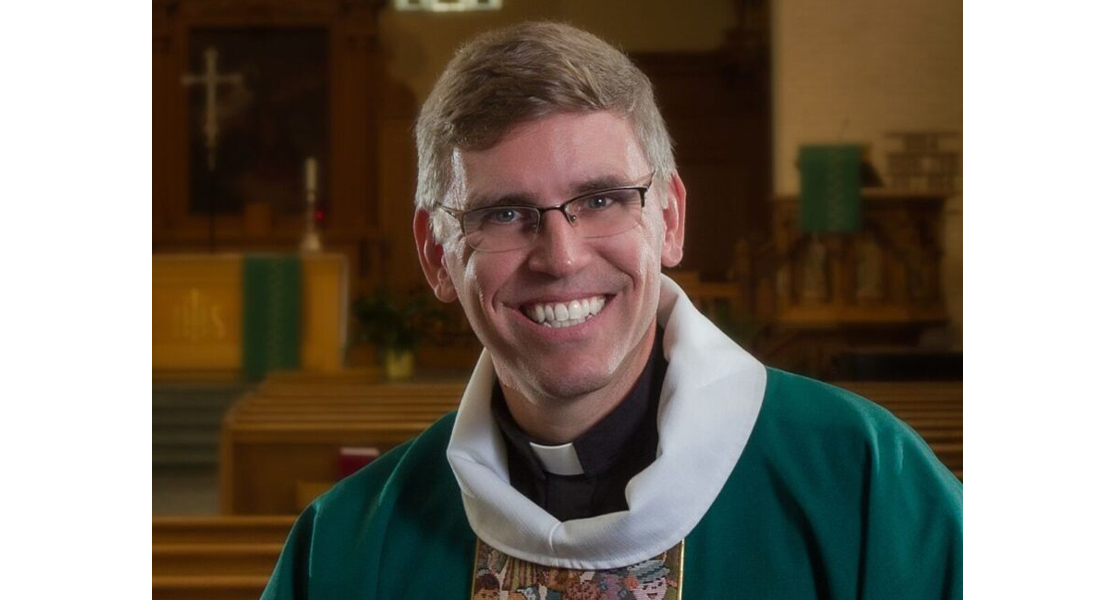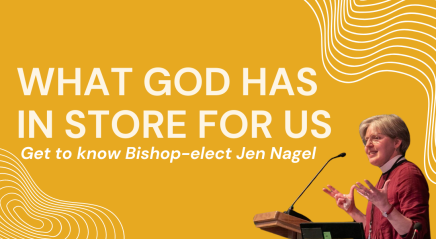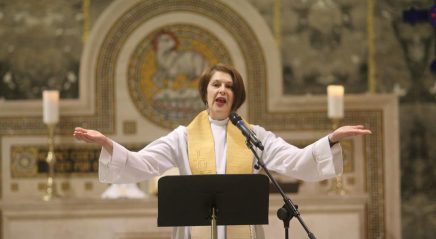For Nathan Pipho, who was elected June 7 as bishop of the New England Synod, the top three priorities for his synod are clear: “Telling the story of Jesus, building community and doing the work of racial justice.” And he sees some clear ways the synod can take on those opportunities.
“The more focused we can be in preaching the gospel, administering the sacraments, joining the work of the Holy Spirit in building community, and resisting the systemic ways our church institution is based on white supremacy culture,” he said, “the more life, love and healing the Spirit will work through us for the sake of the world.”
After more than 20 years of parish ministry in the synod, Pipho has firsthand experience with how its congregations are engaging in those areas. “Over half of my ministry [has been] in a smaller congregation and, more recently, in one our larger congregations,” he said. He believes that experience, supplemented by a master’s degree in public administration from the Harvard Kennedy School, Cambridge, Mass., have prepared him well to serve as bishop.
“The world needs the message of God’s reconciling love announced in Jesus Christ.”
In the two months leading up to his election, Pipho attended weekly meetings with other “pre-identified persons” (PIPs) participating in the bishop election process. “In those meetings we prayed through the entire roster of congregations and ministries in the New England Synod,” he said. “This spiritual practice of prayer and fellowship with the other PIPs prior to the synod assembly helped center the election as a call process, and the result not as a victory in an election but as a call received from the church.”
As Pipho steps into his new role next week—he begins his term Aug.1 and will be installed Sept. 7—he believes now is a “good time” to be the church. “It’s not an easy time,” he said, “but it’s an important time to be the church, because the world needs the message of God’s reconciling love announced in Jesus Christ.”
He sees the task before his synod, and the larger ELCA, as evident. “God uses our hands and feet to be God’s healing, love and reconciliation in the world,” he said. “That is important and vital work, and I’m honored to be part of it.”









